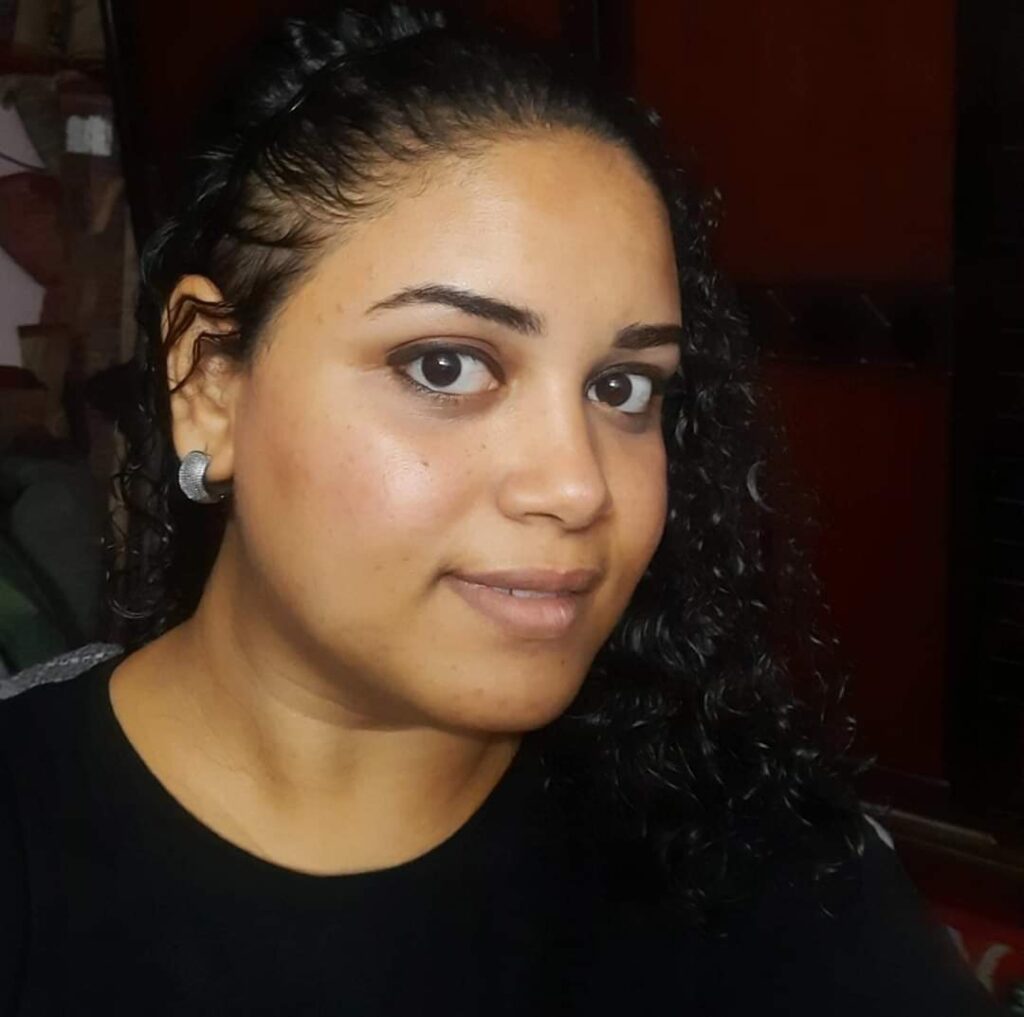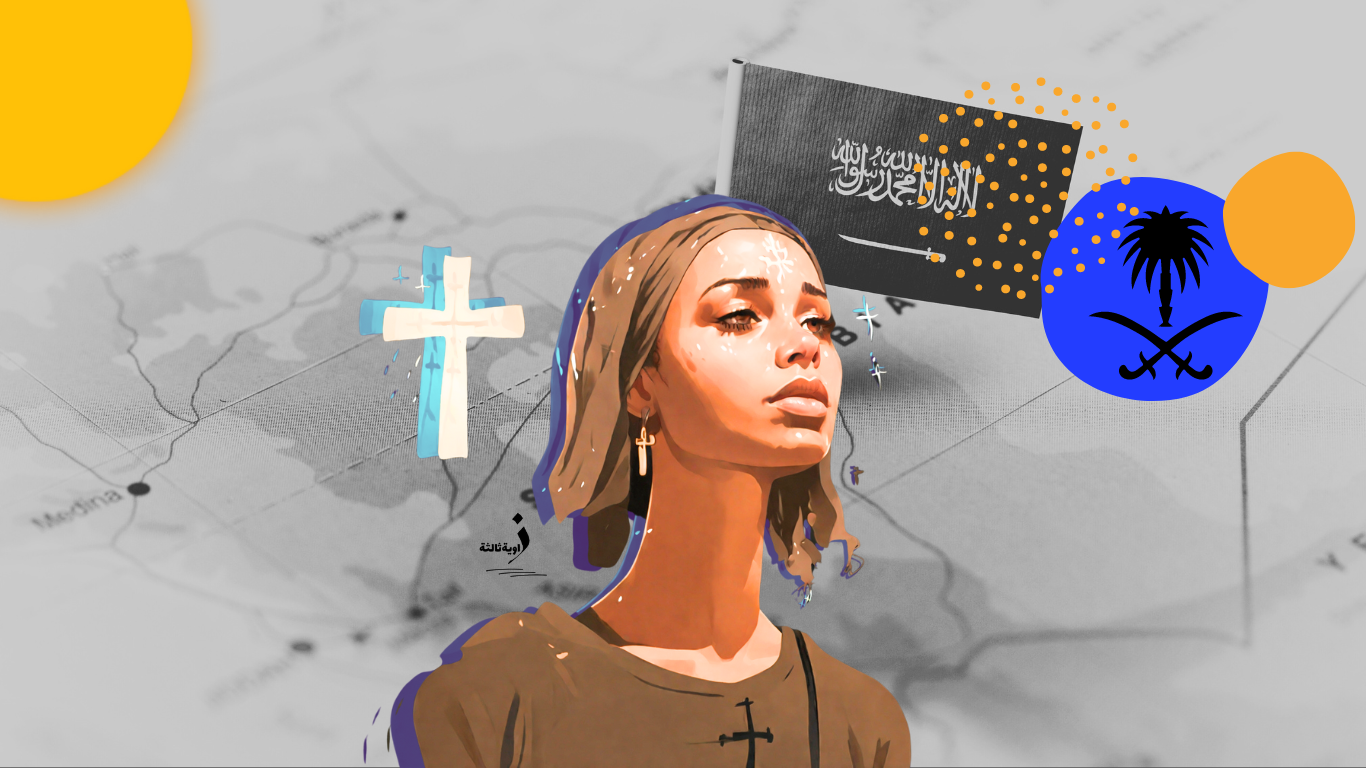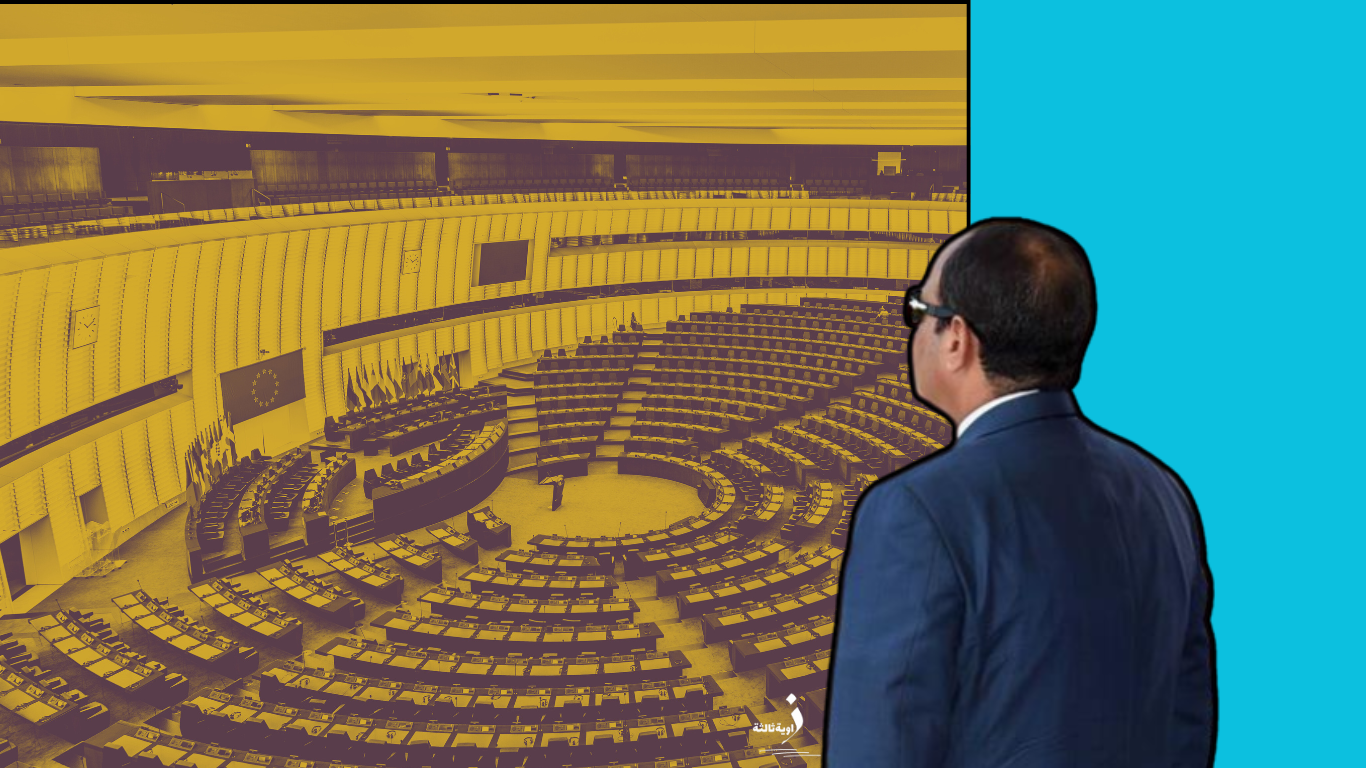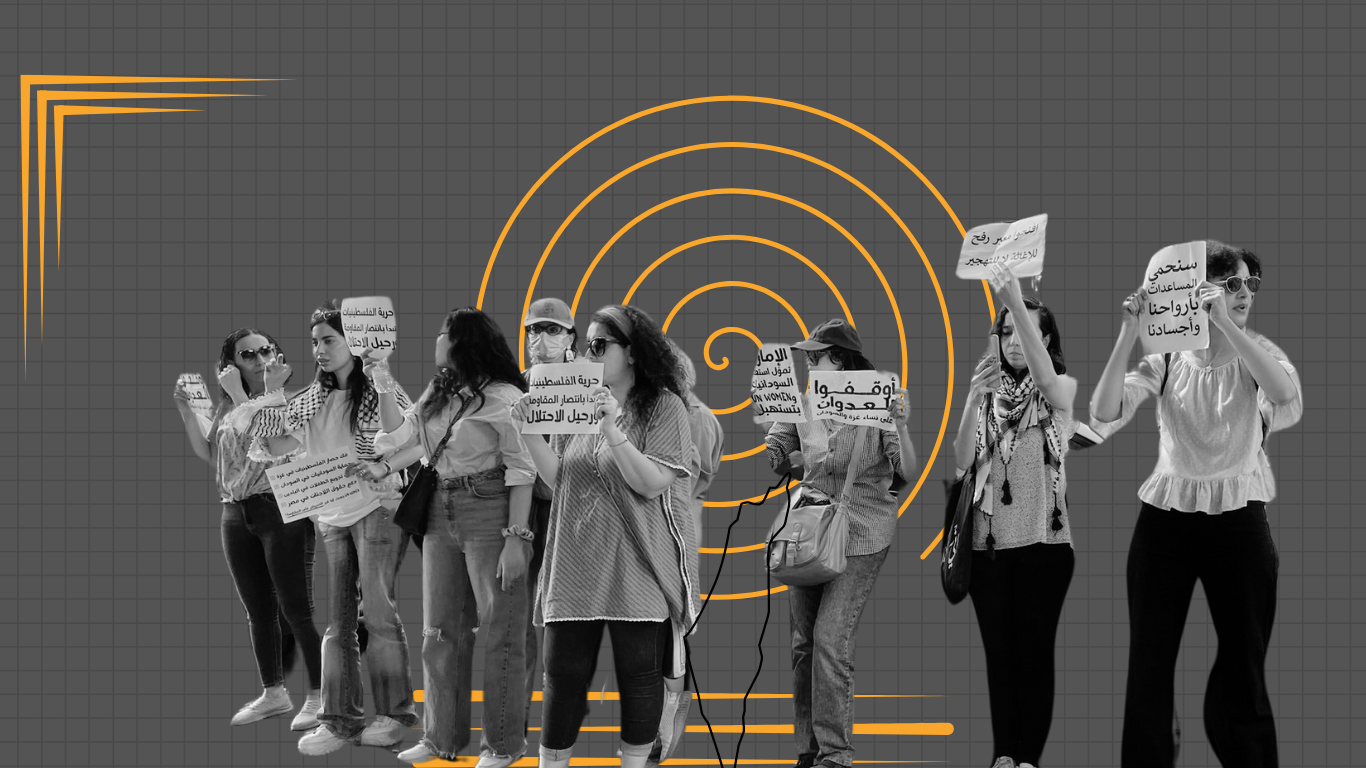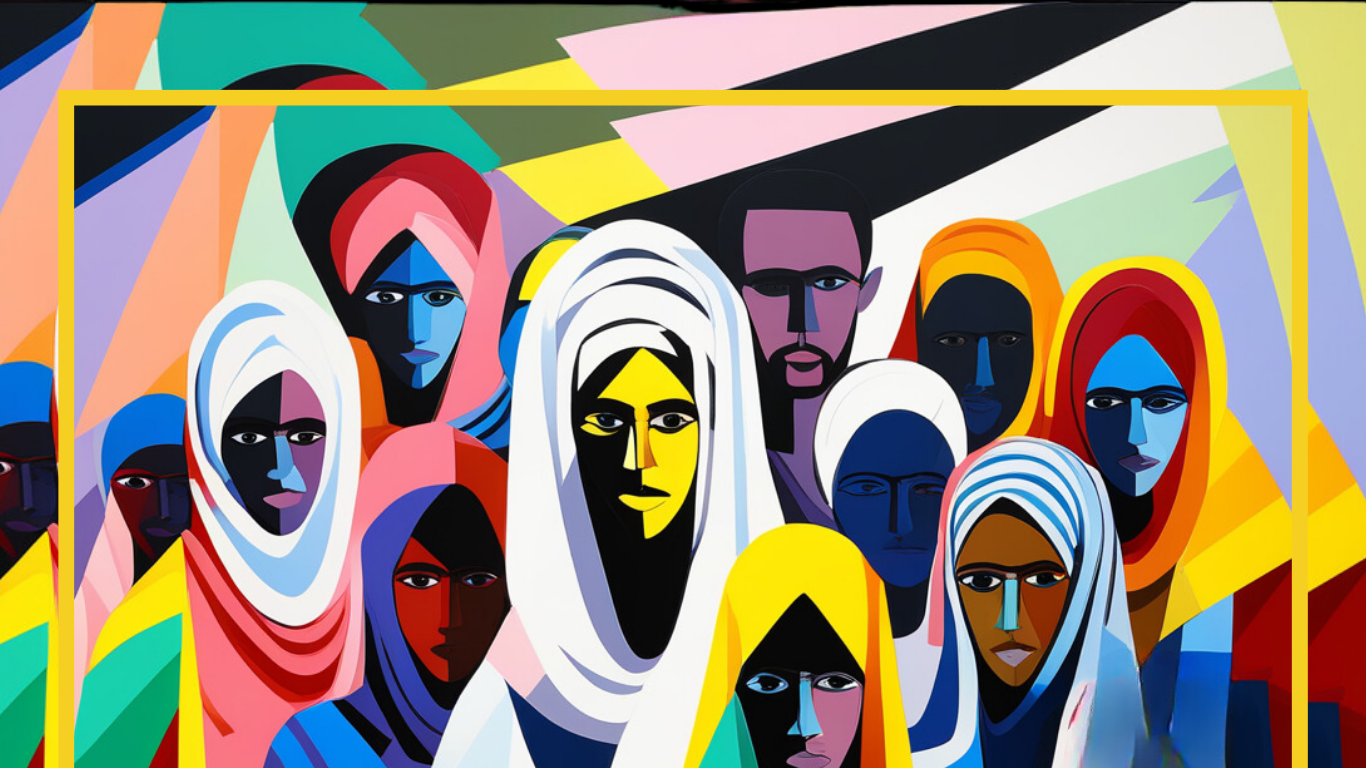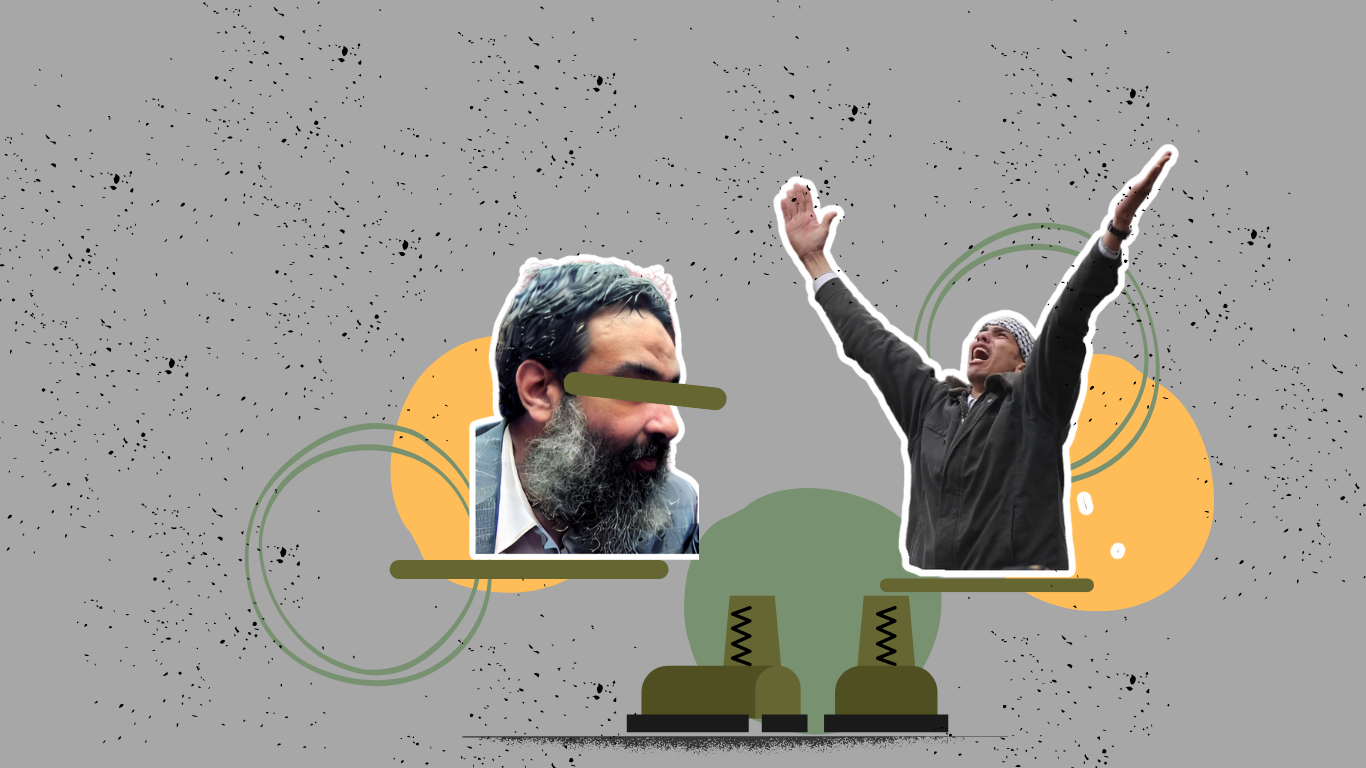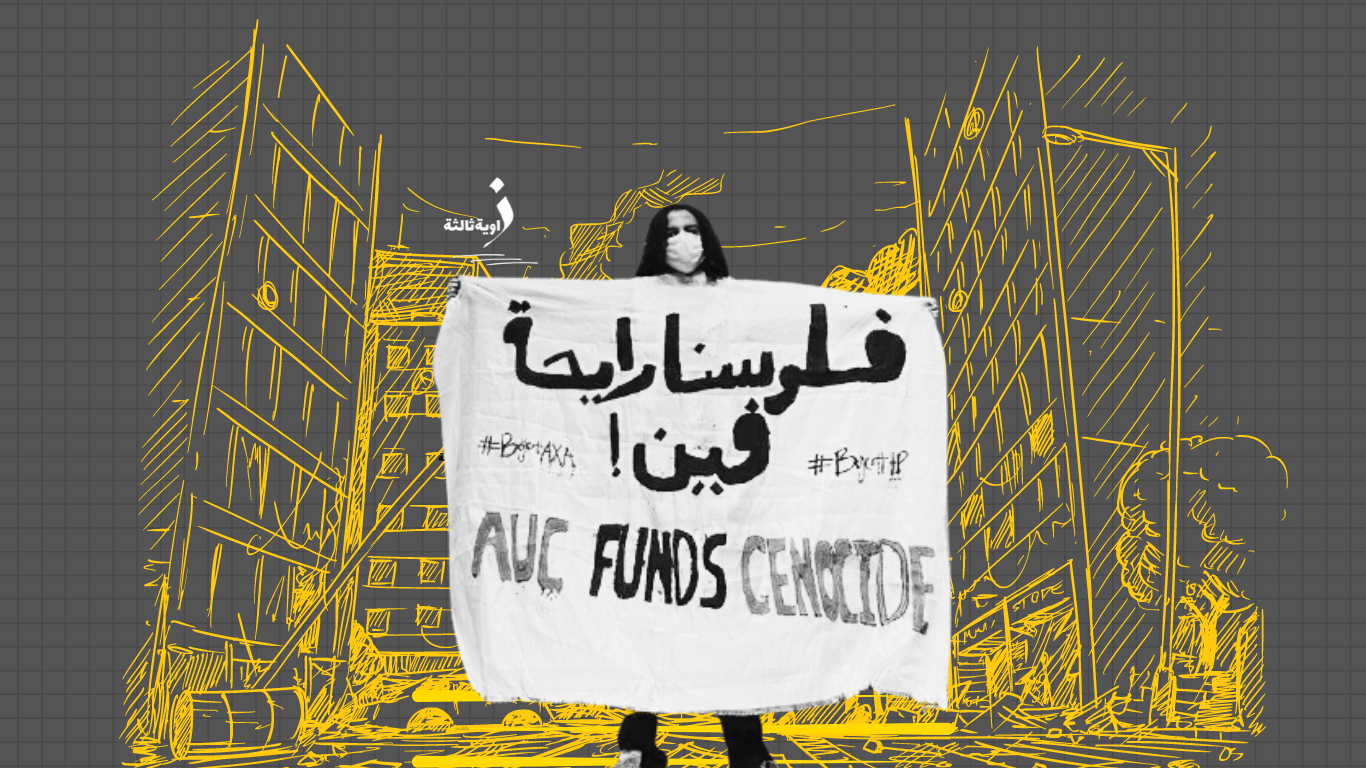Ghada Abdel Salam couldn’t make the decision to leave her job, despite facing psychological pressures in her workplace that sometimes drive her to tears. Ghada, in her mid-thirties, works as a nurse in a government hospital. She is a wife and a mother of two, saying, “Life is hard, and my husband is unemployed. Since the COVID-19 pandemic and his arbitrary dismissal at the end of 2002, the cost of living has become unbearable day after day.”
She adds, “My husband has become moody, aggressive, and often verbally attacks me, or unfortunately, physically abuses me. I thought about asking for a divorce or even separation, but I fear it would harm the children.”
However, Ghada’s suffering is not an isolated or rare case. Thousands of women endure the bitterness of violence, cope with work troubles, and according to the health survey of the Egyptian family, issued by the Central Agency for Public Mobilization and Statistics in 2022, 25% of women experience physical violence, while 22% experience psychological violence, in addition to 6% who have experienced sexual violence.

The data derived from research statistics by Egyptian non-governmental organizations over the past three years reveal a consistent rise in violence against women, particularly in the statistics related to murders. This includes incidents perpetrated by husbands, family members, or individuals outside the family. This alarming trend coincides with the deterioration of economic conditions that worsened during the COVID-19 pandemic in 2020 and continue to persist.

“Of course, there is a correlation between economic crises and an increase in rates of violence against women, with a prime example being the numerous cases of violence documented during the spread of the COVID-19 pandemic. Mona Ezzat, the Chairperson of the Board of Trustees of Noon Center for Women and Family Issues, links the economic crisis to violence against women. She states, ‘The stifling economic conditions, resulting from job closures and wage reductions during the COVID-19 crisis, have heightened aggression and cruelty. Many men channel their anger and frustration by physically abusing their wives and children.’
She continues, ‘This is not unique to Egypt. The United Nations Secretary-General has called for the intensification of psychological support services for women to alleviate the burdens they face due to the global economic crisis. However, the situation in Egypt is exacerbated due to corrupt cultural and social legacies.’
Ezzat expresses concern about the ongoing situation, saying, ‘There doesn’t seem to be a clear solution to this catastrophe. The economic crisis is intensifying, living conditions continue to deteriorate unchecked, and statistics reveal that rates of violence against women, in all its forms, escalate proportionally with the increasing intensity of crises.’
The Chairperson of the Board of Trustees of the Noon Foundation for Family Care believes that women in Egypt not only experience physical violence but also face psychological violence. Most men place the responsibility of managing household affairs on women, leading to severe psychological pressure that can also affect their physical health, especially if they are working women with additional job responsibilities.’
Ghada Abdel Salam takes a deep breath and says, ‘My husband hit me for the first time about a month after losing his job. This had never happened in the seven years of our marriage. At that moment, I thought it was a passing phase, but he kept hitting me over and over. Since he raised his hand against me, he seemed to enjoy it. I don’t know what got into him.’
Comparing the statistics of the non-governmental organizations “Edara for Development and Equality” and “Tadwein,” both dedicated to women’s issues, reveals that rates of femicide doubled in the past year compared to the previous year. Moreover, these rates did not decrease during the first quarter of the current year.”

“Women bear the brunt of poverty twice,” expresses Nevine Obeid, Chairperson of the Board of Trustees of the New Woman Foundation, a non-governmental organization, emphasizing the impact of the economic crisis on women. “Women enter the workforce and join jobs without social protection, exposing them to harassment, verbal violence, and abuse from those employers without restraint.”
“The relationship between violence against women and poverty is more than intimate; the two phenomena are entirely interconnected. As pressures on men increase, they tend to release them onto women as a compensatory behavior deep within them.”
Nevine Abdel Salam says, “The man’s sense of incapacity to meet the economic needs of his family makes them feel deficient. This feeling enhances aggressiveness as a compensatory behavior within them. The truth is that poverty oppresses both men and women together, but the oppression experienced by women is doubled, as they are the weaker link.”
Ghada returns to her narrative, saying, “I’ve thought a lot about resigning, but who will feed the poor children? Their father is unemployed. I have no choice but to endure the workplace annoyances and be patient, hoping that God will bring about a change afterward.”
According to estimates from the Central Agency for Public Mobilization and Statistics in the “Income and Expenditure 2017-2018” research, the poverty rate in Egypt is 32.5%. According to the poverty line set by the agency, an annual income of 8,827 Egyptian pounds per individual categorizes them as poor. There is also an “extreme poverty line,” which is estimated to include about 6% of Egyptians, with an income of 5,890 pounds per year.The Observatory for Gender-Based Violence at the Edara for Development and Equality Foundation recorded 471 incidents of violence against women and girls in Egypt during the first half of the current year. The ages of the victims range from infancy to 90 years old.
The Observatory for Gender-Based Violence at the Edara for Development and Equality Foundation recorded, during the first half of the current year, a total of 471 incidents of violence against women and girls in Egypt. Notably, these figures surpass those recorded in the past three years.
It is striking that all these statistics come from non-official sources, while official statistics, especially from the Central Agency for Public Mobilization and Statistics and the National Women’s Council, are largely absent. This raises questions about the “official seriousness in studying the crisis.”
In the past eight years, the Central Agency for Public Mobilization and Statistics has released only two statistics that “specifically” address violence against women. The first, in 2015, focused on the economic cost of violence against women, conducted in collaboration with the National Council for Women. The second, last December, titled the Health Survey of the Egyptian Family, mentioned that the issue of violence against women was a marginal aspect.
“Numbers play a significant role in understanding the problem, shedding light on the causes, and this is the first step towards overcoming it,” says Aya Monir of the “Super Woman” initiative.
Monir believes that most statistics regarding violence against women are unrealistic because they are collected through unclear mechanisms, such as “psychological violence,” which is measured through women without explaining the nature of this violence. Some women may deny experiencing psychological violence without sufficient awareness. “Super Woman” is an initiative focused on the economic empowerment of women, in addition to providing psychological, legal, and digital support services.
Ghada reiterates, saying, “I got tired of the pressures at home and work. I thought about seeing a psychiatrist, but I couldn’t due to the excessively high examination fees. The children deserve this money more.”
Feminist activist Elham Eidarous states that poverty makes the much-needed psychological support for many women an impossible dream. Egyptian women dedicate themselves to their families and may deprive themselves of necessary treatment to save money for their children’s needs. This creates a complex crisis.
The services provided by the state for abused women are still very limited compared to the cases of violence. For example, there are only 9 official centers to receive women victims of violence across the governorates of the republic, a situation that needs to be changed urgently.
Eidarous points out that some women are forced to continue in the same place where they are exposed to violence because they have no other place to go, remaining captive in the prison of violence.
According to the United Nations, violence against women is defined as any rough behavior practiced against them, based on gender bias, causing harm to them physically, psychologically, and sexually. It includes threatening women in any form, depriving them, and restricting their freedom in their private or public lives, all of which constitutes a clear and explicit violation of human rights, preventing women from enjoying their full rights.


